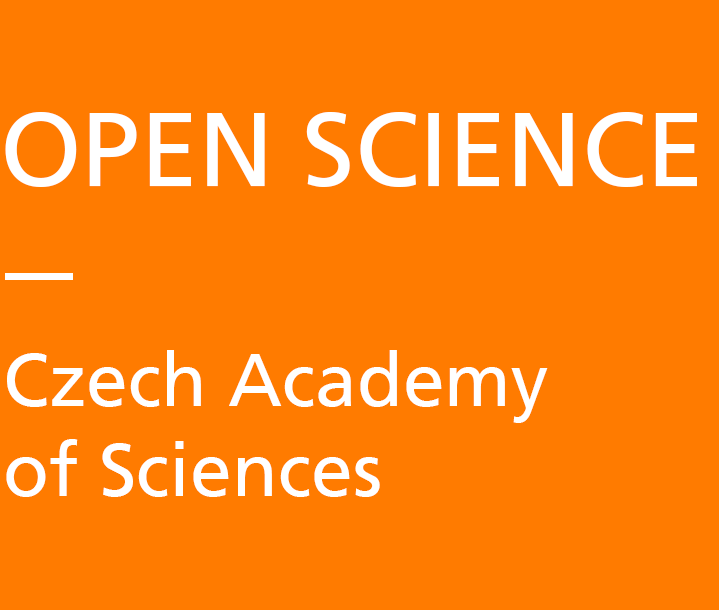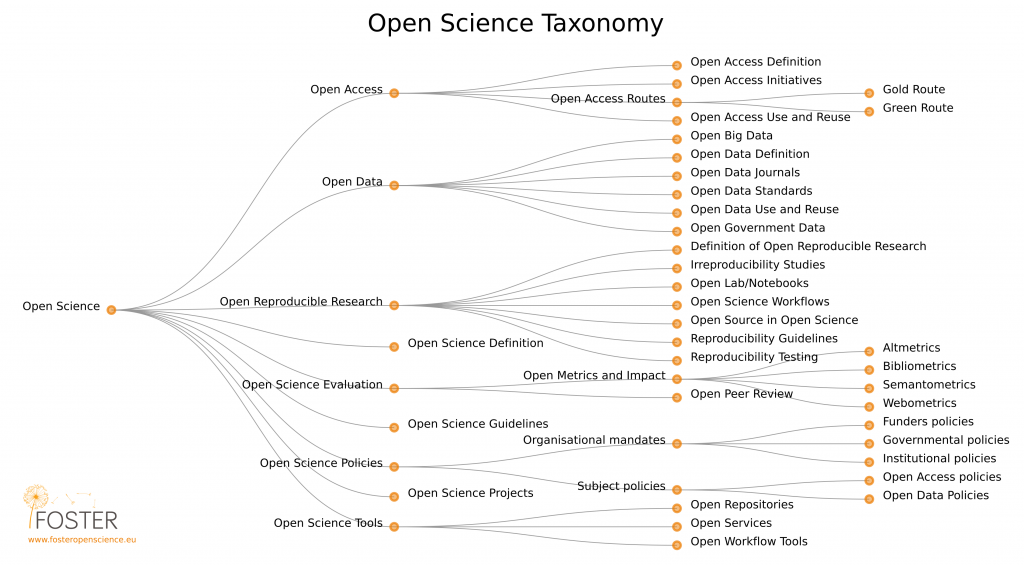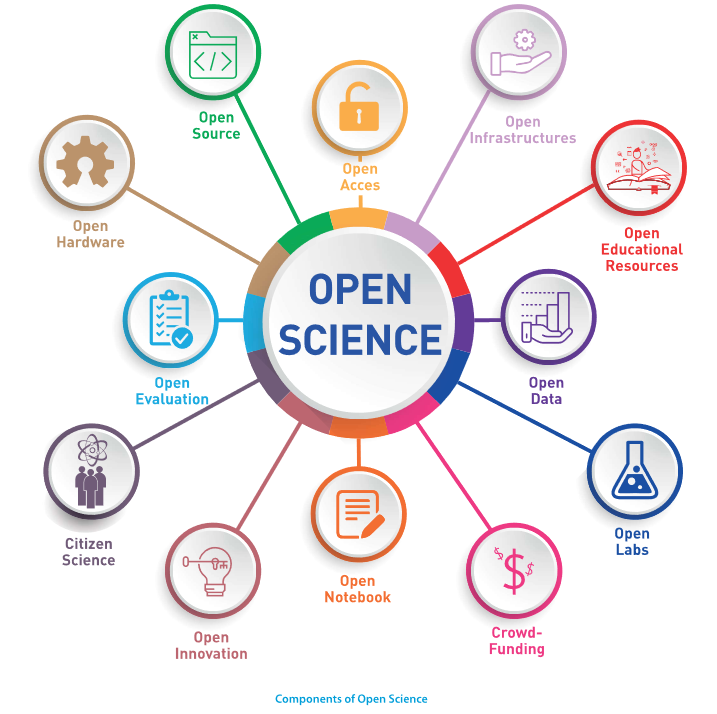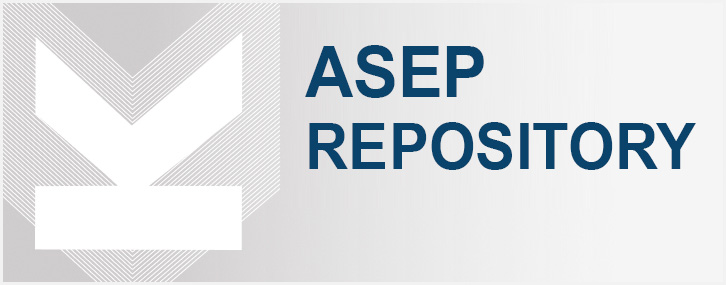Open Science is an umbrella term for a set of many different concepts and practices that ensure the openness of the scientific process. These are all practices that facilitate the dissemination of results and knowledge, the accumulation of scientific knowledge, practices that facilitate the verifiability of conclusions and indirectly increase the credibility of science. For this reason, the Open Science ecosystem is very diverse and touches the whole life cycle of the research process. In the Library of the CAS we focus on the areas of open access to publication results – OPEN ACESS and open access to research data – OPEN/FAIR data.
With the aim to build a global consensus on what exactly Open Science is and how to achieve this vision in a coordinated way, UNESCO (United Nations Educational, Scientific and Cultural Organization) issued a related recommendation, the “UNESCO Recommendation on Open Science“, at its 41st session in Paris in November 2021.
In this document, UNESCO defines open science as:
“…construct that combines various movements and practices aiming to make multilingual scientific knowledge openly available, accessible and reusable for everyone, to increase scientific collaborations and sharing of information for the benefits of science and society, and to open the processes of scientific knowledge creation, evaluation and communication to societal actors beyond the traditional scientific community.”
According to these recommendations, Open Science should be built on the following pillars: open scientific knowledge, open scientific infrastructure, open scientific communication, and engagement and open dialogue with other actors and knowledge systems. The key principles of Open Science are: transparency of research practices, reproducibility of results and knowledge sharing in general.
Project Otevřená věda
Since 2005, the Czech Academy of Sciences has been opening up science to high school students, teachers, science popularizers and the public through an internship and science popularization project called “Otevřená věda”. More detailed information can be found on the website of this project.
“Open engagement of societal actors refers to extended collaboration between scientists and societal actors beyond the scientific community, by opening up practices and tools that are part of the research cycle and by making the scientific process more inclusive and accessible to the broader inquiring society based on new forms of collaboration and work such as crowdfunding, crowdsourcing and scientific volunteering….”
“UNESCO Recommendation on Open Science”
Sources: Open Science taxonomy by Foster a Towards a UNESCO recommendation on Open Science.
Last updated on November 20, 2024





